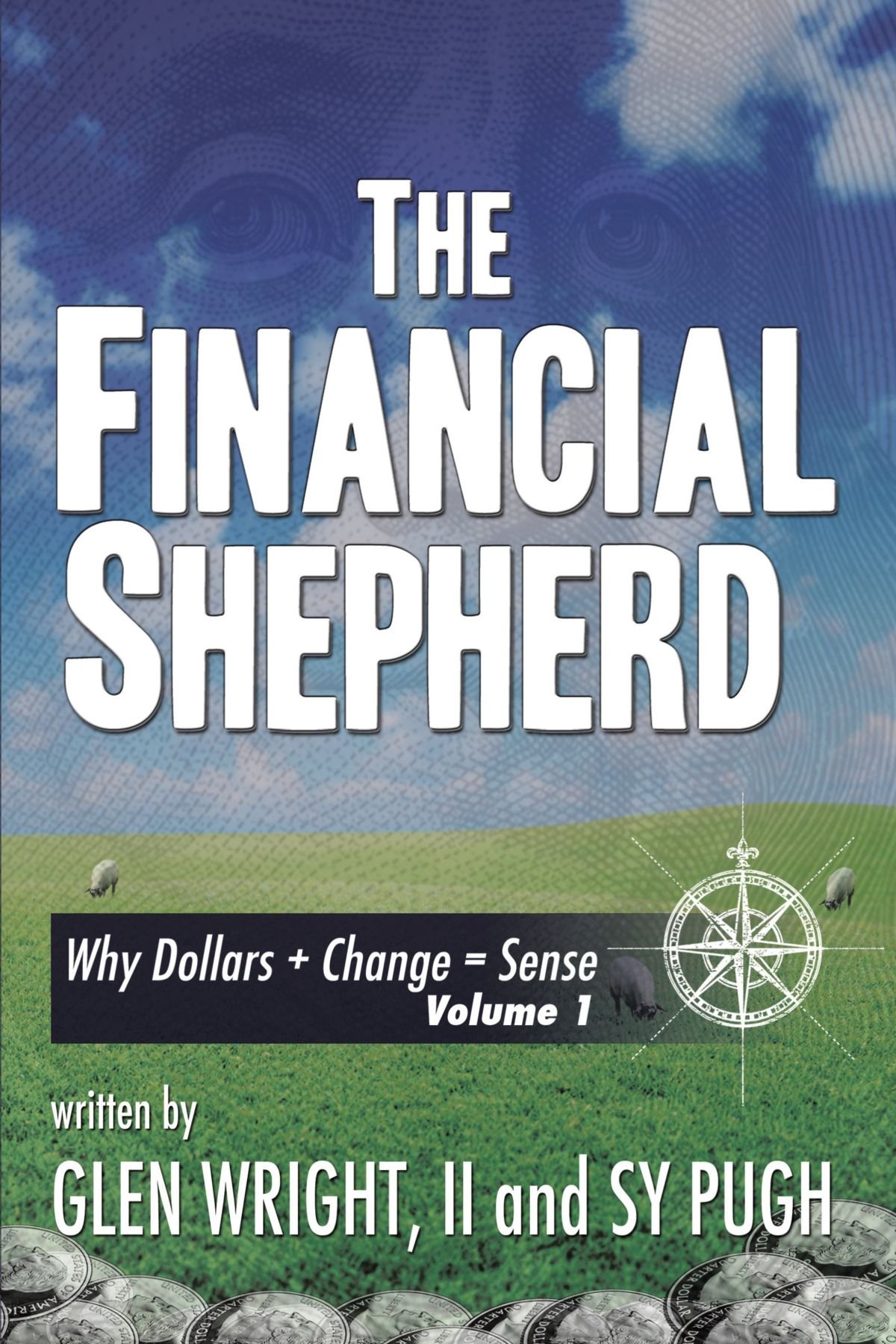While investing can be pivotal in accumulating long-term wealth, the linchpin of financial success often rests on meticulous planning. Without a well-structured blueprint, there is a heightened risk of making suboptimal investment choices that can jeopardize your financial health over time. The driving force behind these statements is encouraging you to shift perspective—primarily if you have never worked with a financial advisor. Those unfamiliar with us may assume that investing is at the heart of what we do.
Consider This
Investing is a piece of what we do; if there are layers of financial planning, planning is at the top. It is the intangible element that ties everything together. To explain why, consider the following illustrative scenario. A recent college graduate is 25 years old and is just beginning her career. To build wealth, she delves into the stock market. Because she knows the market, she makes the mistake of allocating all her capital into a single stock. She experiences a downturn when the value drops.
Though the example was simple by design, several things are at play here. Had there been a pre-established financial strategy, she would have had the added advantage of being equipped with insights regarding risk appetite and investment objectives. Whereas this foundational understanding would have deterred hasty decisions, was this even the right option for her? In all likelihood, no. There’s nothing wrong with taking on more risk when you are younger, but several other ways to build long-term wealth don’t involve personally picking stocks.
Find Your Plan
A financial plan is a navigational tool that defines someone’s trajectory. Was the girl in the example a good fit for investing? Impossible to say. It depends on several factors, such as her current fiscal situation, objectives, risk tolerance, and having a blueprint that speaks to her savings, investments, and expenditures. Furthermore, there are no universal plans or strategies. Financial advisors should tailor their advice based on individual requisites.
However, there are several different questions that people should be able to answer before a financial advisor can begin formulating a plan.
– What sort of milestones are you looking to achieve? For example, are you focused on saving for a house, putting money aside for education, or want to build your retirement savings?
– Although your age will factor into this decision, what is your comfort level with risk? Each type of investment comes with a different level of risk, and your financial position, age, and goals get factored into this decision.
– Regarding your financial position, consider your savings, liabilities, and monthly budget.
– Allow a financial planner to craft a road map that outlines how to allocate your money effectively. This must align with your goals.
Worth Advisors, LLC
Worth Advisors, LLC serves our clients. To do so, we advocate planning over sheer investing. We are committed to curating a financial plan that works with your specific circumstances and long-term goals. Collaborating with us means genuine conversations about your aspirations, risk threshold, and current budget. Never underestimate the value of a budget, either. Although it doesn’t have the allure that investing does, it is a key component of the planning process. Allow us to build a plan for you because it is the heart of our financial services. Contact our office today to schedule a consultation.
Disclaimer: Always consult a financial, tax, or legal professional familiar with your unique circumstances before making any financial decisions. This material is intended for educational purposes only. Nothing in this material constitutes a solicitation for the sale or purchase of any securities. Any rates of return are historical or hypothetical in nature and are not a guarantee of future returns, which may be lower or higher. Investments involve risk. Investment values will fluctuate with market conditions and security positions, when sold, may be worth less or more than their original cost.”









